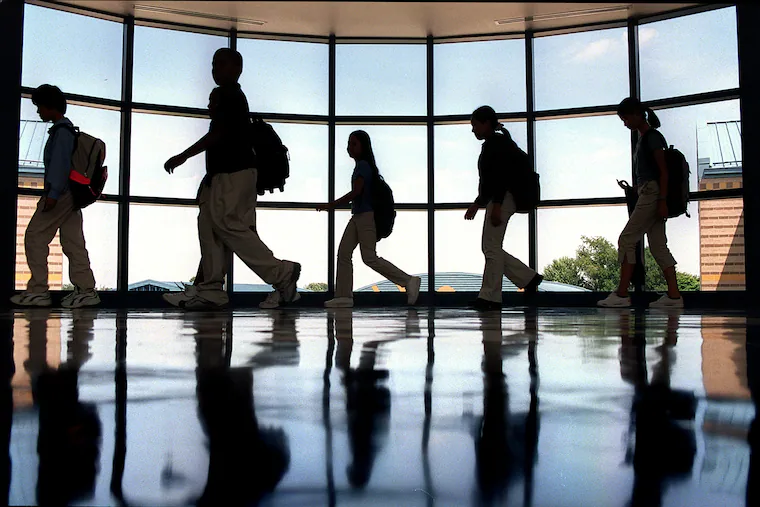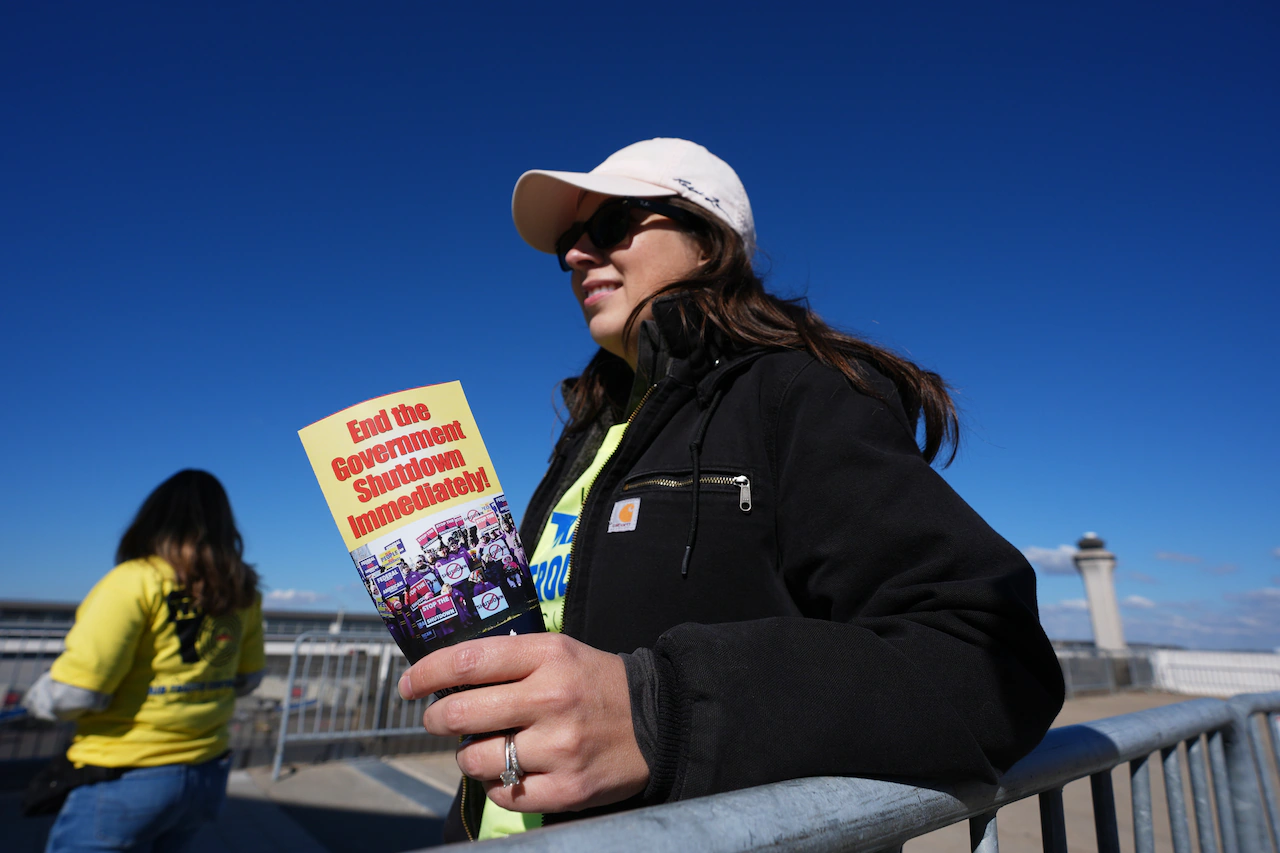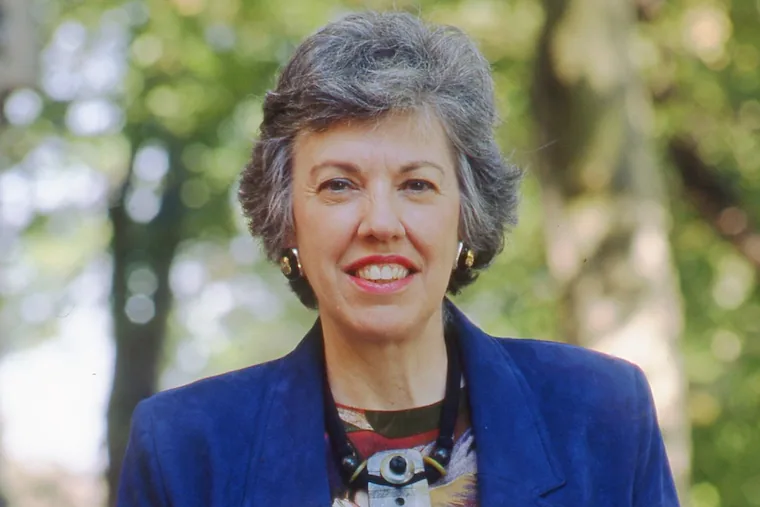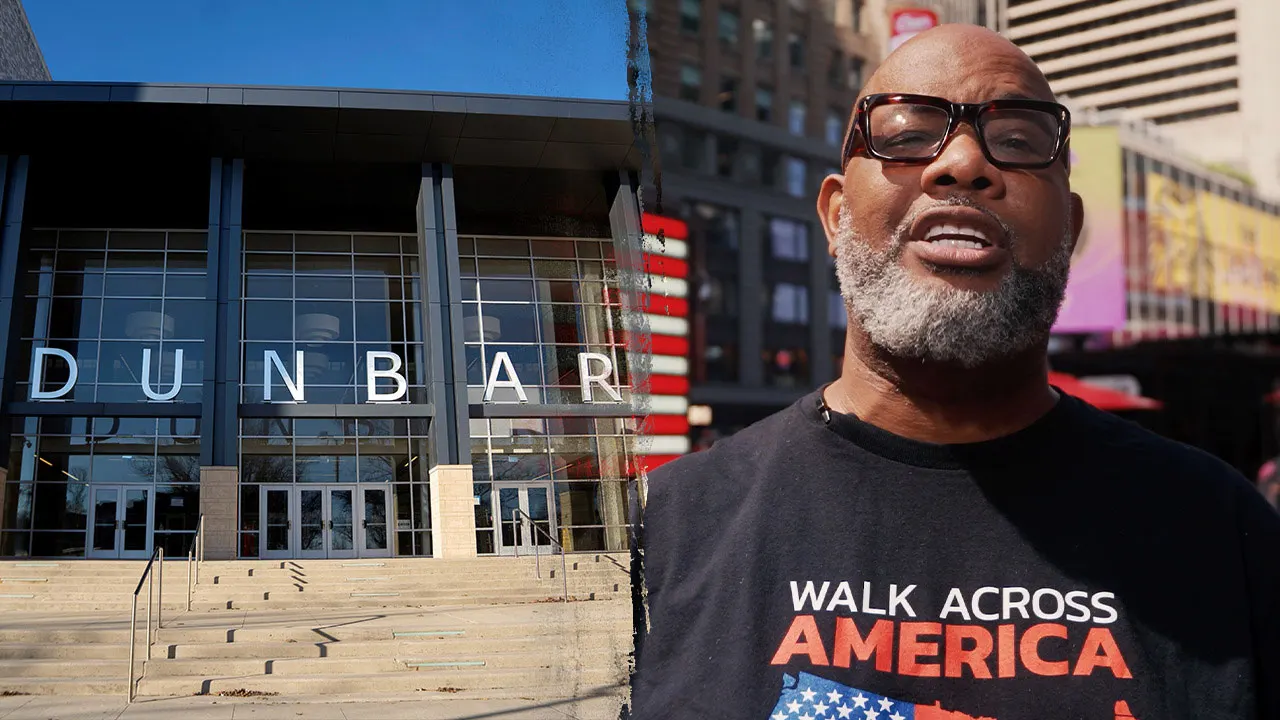Copyright The Philadelphia Inquirer

People wanted to talk about possible Philadelphia School District building closures. They wanted to vent about the school system’s wellness policy, which currently does not guarantee students the right to bathroom breaks. They wanted to draw attention to a severe shortage of professionals to provide speech language services to district students, and they wanted to talk about the frequent lack of elevator service at one large district school. Philadelphia’s city charter gives parents, teachers and students the right to air concerns twice a year at a public hearing with the school board. On Thursday night, they did just that. Here are some takeaways. Members of Lift Every Voice, a grassroots parents’ group, have fought for guaranteed bathroom and water breaks and a guaranteed 20 minutes to eat lunch for more than a year. They successfully sent the school board board back to the drawing board on its wellness policy last school year and were hopeful that the amended policy, scheduled for a board vote later this month, would lock in such promises. But members said the draft now circulating falls short. “This board often talks about how the children are doing,” said Saxon Nelson, a district parent. “And the children would be a lot better off if they had the right to pee, poop, drink water, and move their bodies. Unfortunately, the most recent draft of this policy still does not guarantee that basic dignity.” Lift Every Voice members have said some students have worn diapers because some teachers have forbidden bathroom breaks. Troy Spence, another district parent, told the board he was upset by his child reporting “classmates peeing on themselves” for that reason. Superintendent Tony B. Watlington Sr. said the Lift Every Voice members were “absolutely right. We’ve got to treat every child with respect. And when they need to go to the bathroom, they need to be able to go. When they’re thirsty, they need to get water.” The board sets policy, Watlington said, and it’s up to those in schools to run them day-to-day. As both an elementary and high school principal, he encountered students who needed — and were allowed — to use the bathroom multiple times a day because of medical issues. And “I used to have kids who didn’t have to go to the bathroom but they wanted to meet somebody down the hall,” Watlington said. It’s up to staff to set appropriate regulations in schools, the superintendent said, pushing back against the notion that children were soiling themselves because of a lack of access to bathrooms, despite parents’ assertions. “I have yet in 3½ years in our schools to see any child in a diaper because they can’t go to the bathroom,” Watlington said. “Let’s be careful that we don’t say things that we don’t have evidence to support.” Members of the public expressed frustration about the district’s facilities planning process, whose timeline has been pushed back. Instead of Watlington presenting recommendations about school closings, colocations, renovations and reconfigurations this month, with a board vote in December, the superintendent will debut a draft plan sometime this winter, with no set timeline for the board sign-off. “We want a facilities plan, but this process isn’t it,” said Katy Egan, a member of the group Stand Up For Philly Schools. “Currently, the facility planning process seems to ask the question, how can we most responsibly manage our real estate assets? Instead, the facilities planning process needs to ask the question, ‘How can we ensure that every student in our city can attend a neighborhood school in excellent condition?’” If closing schools was a path to improving the district, “we would have done so by now,” Egan said. “Instead, more school closures moves us further down the death spiral, further negatively impacting our district’s reputation, pushing families out of district schools and into charters, private schools, and the suburbs, negatively impacting student attendance rates and academic achievement, and making it harder for families to engage in schools that are increasingly far from their homes.” At sprawling Olney High, which occupies an entire city block at Front and Duncannon, there are three elevators. Two have been broken for years, and the other is frequently offline — most recently broken for more than a month, staff said. For students with mobility issues, that means classes are sometimes completely inaccessible — or, at best, difficult to access. Ella Komita Moussa, who teaches special education students at Olney, said the lack of consistent working elevators “creates an inequitable learning environment as individuals miss out on instructional time,” but also impacts staff — particularly food service and custodial workers — who have to lug trash and boxes of food up and down five flights of stairs. “I teach autistic support students at Olney, and a broken elevator further isolates my class from the rest of the school,” Moussa said. “I always feel as though I’m fighting for more inclusion and a broken elevator feels like it’s working against us.” Olney staff presented a petition signed by hundreds of community members demanding the repair or replacement of elevators, and the development of an emergency plan for how the district will ensure safety and equity when no elevators are working.



